Tag: consumer price index

Vietnam working to stabilise economy amid challenges from pandemic
Despite the complex developments of the COVID-19 pandemic, Vietnam’s overall macro-economy remains stable, with encouraging growth seen in industries and a low rise of average consumer price index (CPI).

VN economy develops relatively well despite latest COVID-19 outbreak
VOV.VN - The World Bank has said the Vietnamese economy appears to have fared relatively well in light of the fourth coronavirus outbreak, but warned several signs suggest slowdown in economic activity if the pandemic is not contained in the short term.
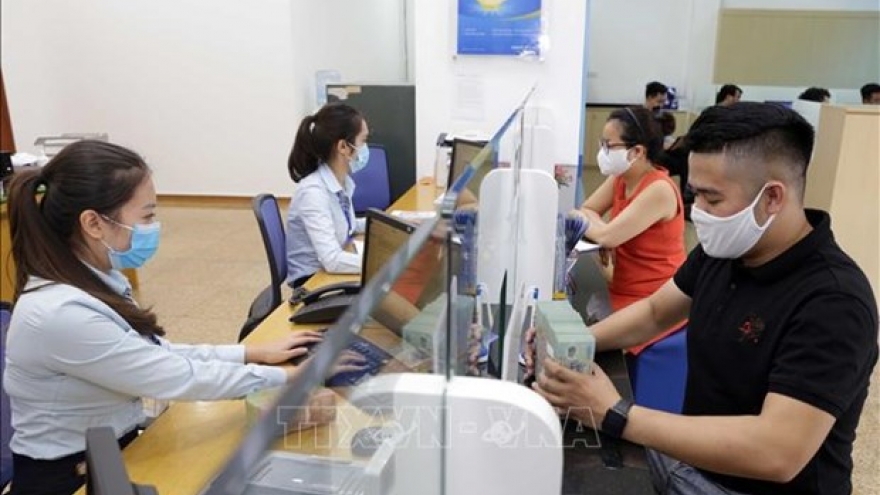
Inflationary pressure still present: GSO official
The average consumer price index (CPI) in the first four months of this year inched up 0.89% from the same period last year, the lowest rise for the first four months of a year since 2016 and clearing the way for the country to achieve its goal of keeping inflation at below 4% for the year.
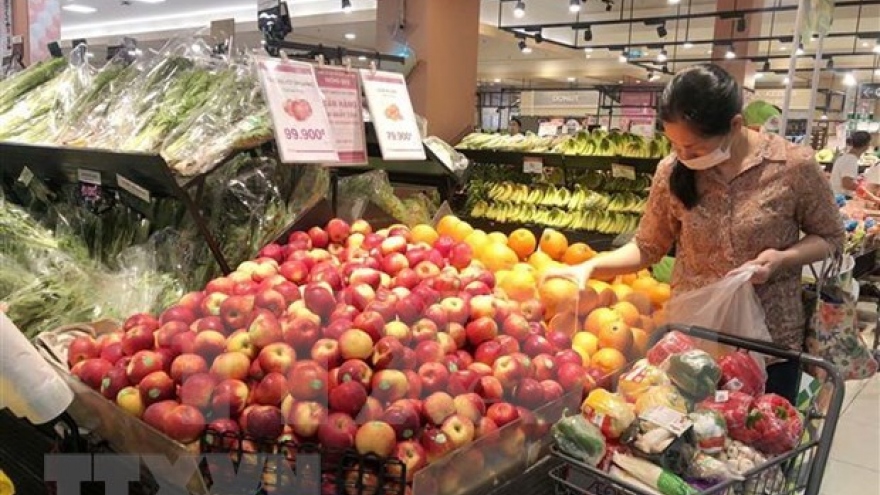
Inflationary pressure still present: GSO official
The average consumer price index (CPI) in the first four months of this year inched up 0.89% from the same period last year, the lowest rise for the period since 2016 and clearing the way for the country to achieve its goal of keeping inflation at below 4% for the year as a whole.

Ministry to actively build price management scenarios
The Ministry of Finance (MoF)'s Price Management Department will actively set up scenarios for managing prices of essential goods according to the market performance, but still ensuring inflation control as targeted, said director of the department Nguyen Anh Tuan.
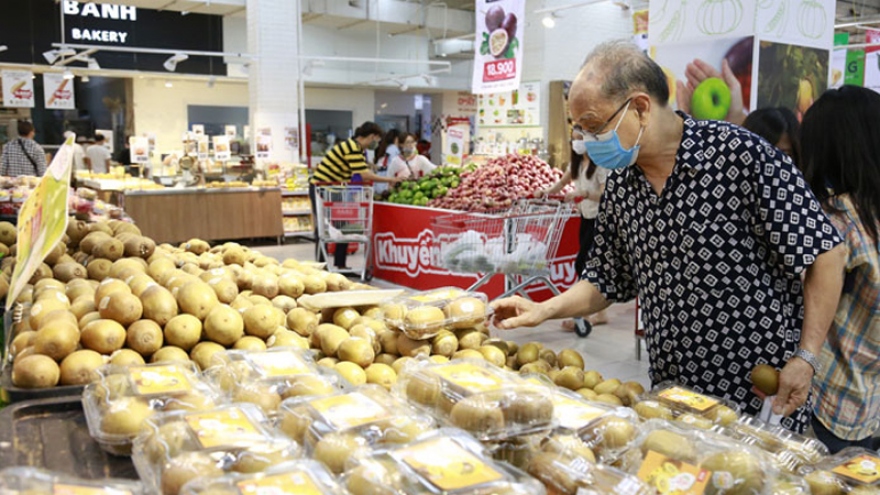
Vietnam faces challenges to keep inflation under target: Experts
While the expansion of the consumer price index (CPI), seen as a gauge for inflation, remained under control, growing prices of input materials and heating up economic activities are factors that could increase inflationary pressure on the remaining months of the year.

HCM City’s CPI slightly up in April
The consumer price index (CPI) in Ho Chi Minh City inched up 0.001% in April against March, according to the city’s Statistics Office.
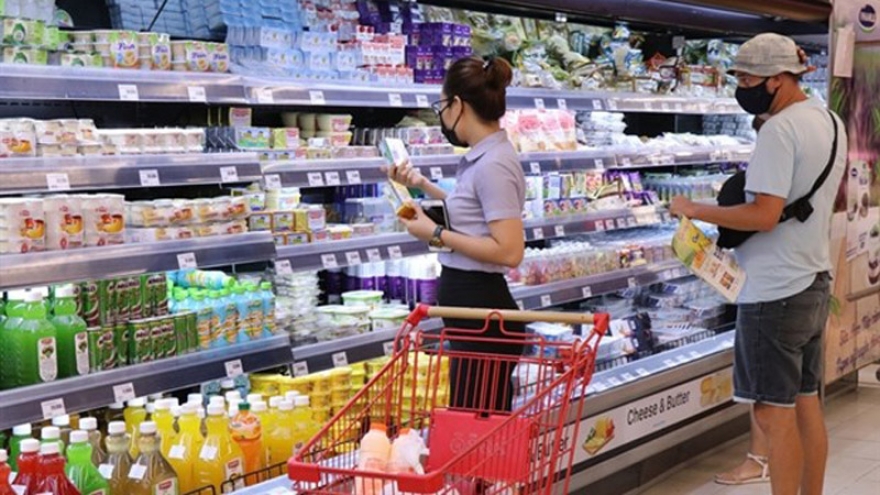
Price management faces new conditions amid pandemic
The COVID-19 pandemic has impacted economies and commodity markets globally, including Vietnam, and domestic prices will continue to fluctuate and be more closely linked to the fluctuations of raw material and fuel prices on the world market.
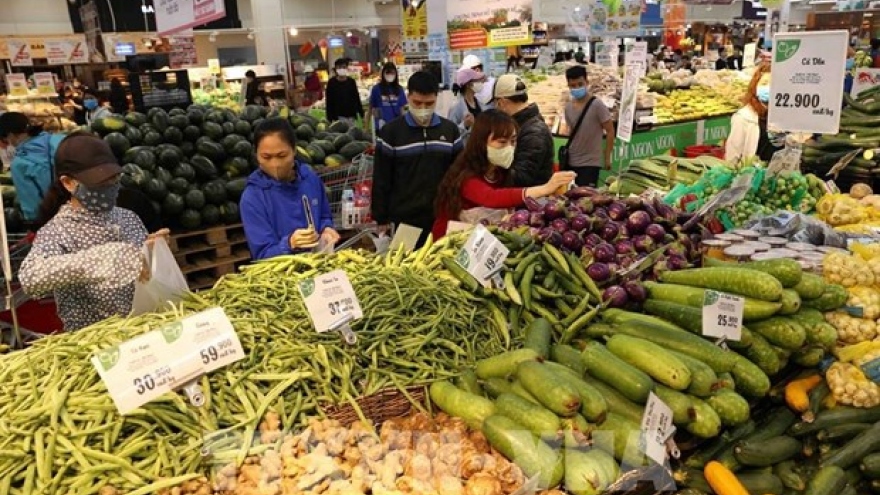
Hanoi’s February consumer price index up 1.8%
The consumer price index (CPI) in the capital city grew up 1.8% in February from the previous month, according to the Hanoi Statistics Office.
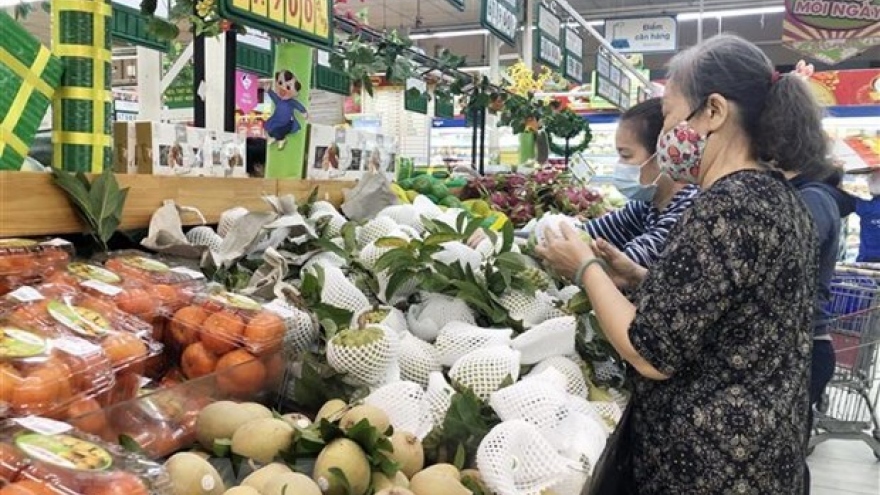
HCM City’s CPI inches up 1.19% in February
The consumer price index (CPI) in the southern largest economic hub of Ho Chi Minh City increased 1.19% in February from the previous month, according to the city’s Statistics Office.



.jpg)




, presents scholarships to students.jpg)
